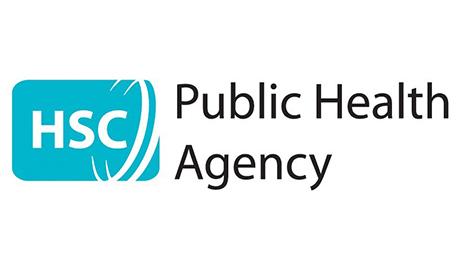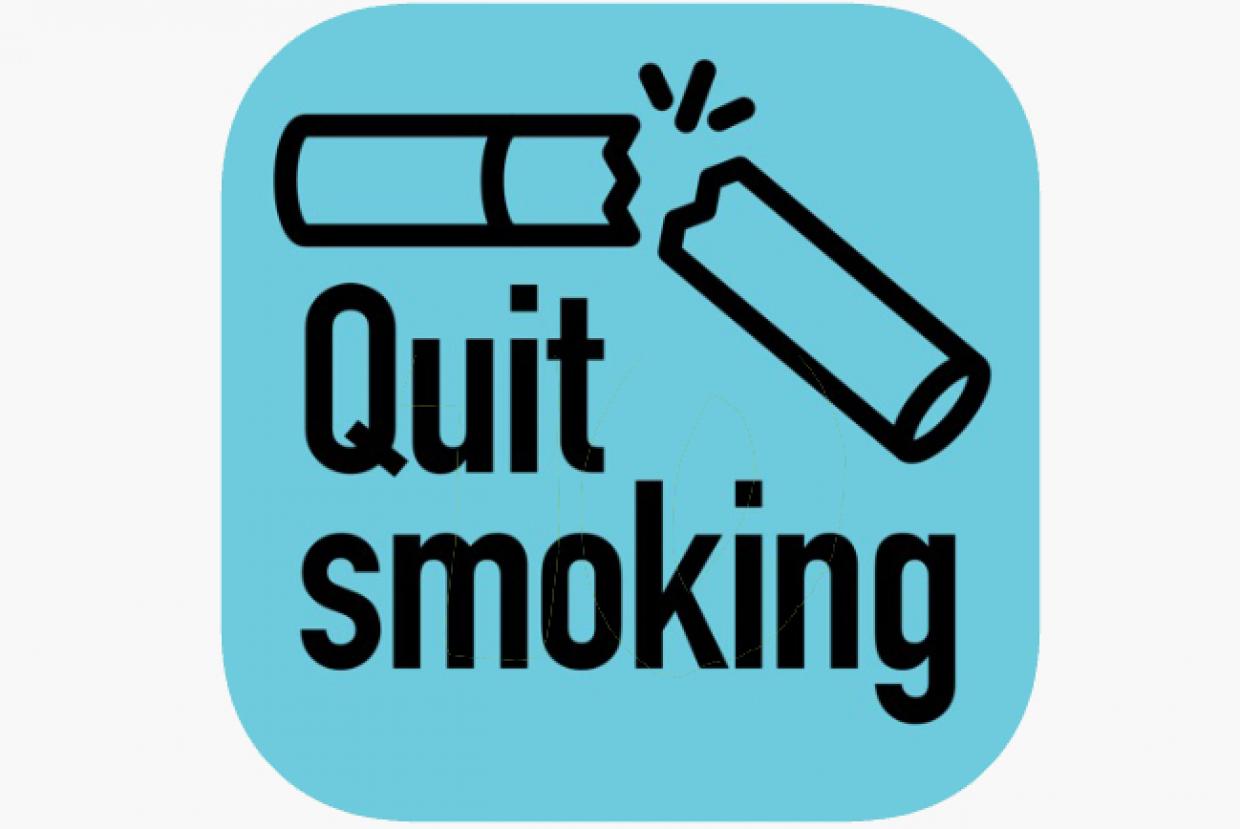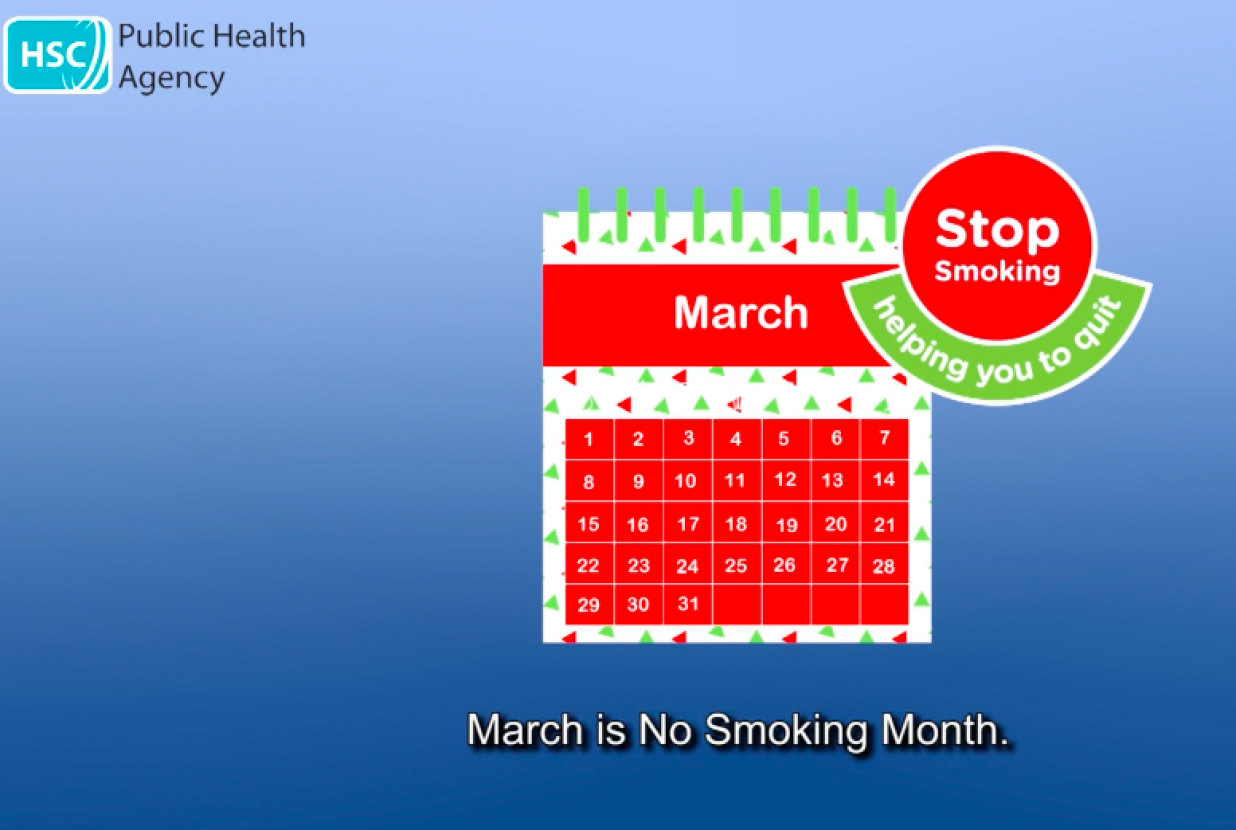How Smoking Harms Your Body
Quit SmokingSmoking harms nearly every organ in your body, causing many different illnesses and diseases. Some of these are life-threatening diseases such as cancer, lung disease, heart disease and stroke.
Half of all long-term smokers will die prematurely as a result of smoking. Half of these will be in middle age.
Cardiovascular (heart and circulatory) disease
Your heart rate rises within one minute of starting to smoke. It could rise by as much as 30% within the first 10 minutes of smoking.
You’re at increased risk of developing cardiovascular disease even with very light smoking. The following are examples of cardiovascular disease:
- Heart attack: The average smoker is twice as likely as a non-smoker to have a heart attack.
- Coronary heart disease: Ex-smokers have a reduced risk of coronary heart disease compared with current smokers.
- Arterial disease: Smoking makes you 10 times more likely to develop arterial disease, which blocks your arteries. This can lead to fatal heart attacks, strokes or gangrene of the leg, which often requires amputation.
- Stroke: the risk of a smoker taking a stroke is twice that of a non-smoker.
Eye disease
People who smoke more than double their risk of developing macular disease, which is the most common cause of severe sight loss. Macular disease damages light-sensing cells at the back of your eye, causing a loss of central vision. Sometimes this disease cannot be treated.
Smoking is also linked to the development of cataracts, which are a clouding that develops in the lens of the eye. People with cataracts have reduced vision and the condition will lead to blindness if left untreated.
Cardiovascular disease can also damage delicate blood vessels in your eye, leading to sight loss.
Respiratory disease
Lung cancer was almost unheard of before the smoking of manufactured cigarettes became popular. There are approximately 800 lung cancer deaths in Northern Ireland each year. Of these, approximately 700 are caused by smoking.
The risk of getting lung cancer is 15 times greater for a smoker than a non-smoker. The risk of lung cancer also increases over time and is related to both:
- how many cigarettes you smoke each day
- how long you have been smoking
Chronic obstructive pulmonary disease (COPD)
COPD means your lungs lose their ability to transfer oxygen to the bloodstream. A chronic cough (‘smokers cough’) or difficulty breathing are usually signs of COPD. If you have either of these signs, it’s best to contact your GP to have a lung function test carried out.
Other respiratory conditions caused by smoking
- Pneumonia
- Coughing
- Phlegm
- Wheezing
- Shortness of breath
- Asthma











































